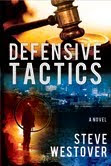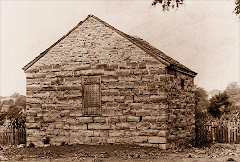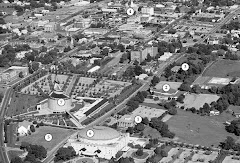 On the night of July 20, 1861 more than 30,000 Union soldiers prepared for the first major battle of the Civil War—It’s known as The Battle of Bull Run because it was set against the distant backdrop of the Bull Run Mountains (also known as the battle of Manassas)
On the night of July 20, 1861 more than 30,000 Union soldiers prepared for the first major battle of the Civil War—It’s known as The Battle of Bull Run because it was set against the distant backdrop of the Bull Run Mountains (also known as the battle of Manassas)Meanwhile, in Washington DC there was great excitement for the impending battle. The politicians and media were whipping the citizenry into a frenzy, speculating about a decisive and immediate Union victory that would crush the Confederacy. With this in mind, Sunday morning, several hundred people, newspapermen, politicians and average civilians gathered to what they considered a safe distance, high on a rise 5 miles from where the battle was to take place.
As the battle waged, the spectators reportedly ate picnic lunches and drank lemonade but many became dissatisfied with their distant and obstructed view of the battle. Union soldiers visited the group and reported that a sweeping victory was imminent. On this news, some of the spectators, including Congressman Ely of New York decided to get a closer view of the action.
At about 4:00 PM Congressman Ely strolled down the road when a bullet struck the ground near him. He dodged off the road and hid in the trees and at 5:30 he spotted a line of Confederate infantry emerging from a nearby grove. Two officers approached him and asked who he was. When he told them he was a Congressman they arrested him.
Atop the ridge the remaining civilians recognized that the Union Victory was quickly unraveling as the Confederate cavalry charged up the hill. Military officers, dignitaries and civilians were all caught up in the chaos of a full retreat. Fortunately no civilians were killed.
Despite being what they thought was a safe distance from the danger of battle, these people discovered they were too close, but it was too late. It was not safe. Some, like Congressman Ely were enticed by curiosity and excitement to move even closer to the danger. They thought they could avoid the threats but they were wrong. They were caught right in the middle.
We might look at this example and say something like; “it serves them right for being so foolish and getting that close. I would never do that.” Or we might think how grotesque it is to take a picnic lunch to watch a bloody battle. Hopefully we would never be caught up in such foolishness. But are we?
The spectators at Bull Run symbolize the nation’s naïve view of the impending Civil War. They didn’t fully understand the risk, or appreciate the danger. Are we sometimes naïve of the spiritual battles that surround us? Do we underestimate the danger to ourselves and to our families? Or might we be found on the ridge of the battlefield hawking t-shirts that read, “Battle of Bull Run: Been there, Done that.”






















